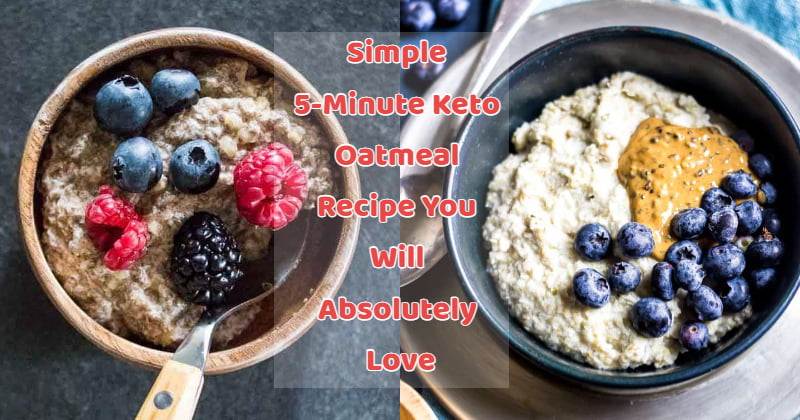The ketogenic, or keto, diet is an extremely low-carb, high-fat eating strategy in which daily carbohydrate intake is frequently kept to under 20 to 50 grams. As a result, many high-carb items, such as some varieties of grains, starchy vegetables, legumes, and fruits, are disallowed on this diet.
What Fruits Can You Eat on a Keto Low-Carb? There are some types of keto fruit are low in carbohydrates and can be incorporated into a balanced keto diet. Some have a lot of fiber, an indigestible carbohydrate that doesn’t count against your daily intake. Therefore, they have fewer net, or digestible, carbohydrates. Nine excellent, healthy, and keto-friendly fruits are listed below.
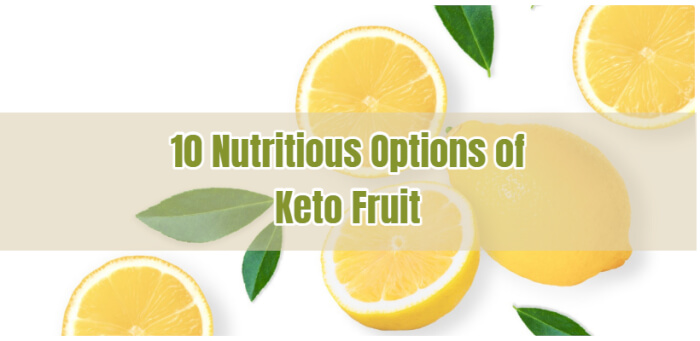
1. Avocado for a balanced keto diet
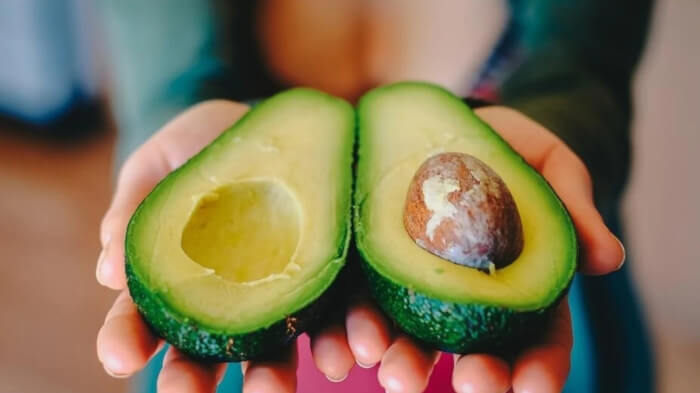 Source: hindustan-times
Source: hindustan-times
Although avocados are frequently referred to and utilized as vegetables, they are actually classified as fruits in biology.
Avocados are a fantastic complement to a ketogenic diet because this keto fruit owns high quantity of heart-healthy fats. Additionally, a 3.5-ounce (100-gram) portion has only 8.5 grams of net carbohydrates and almost 7 grams of fiber.
A variety of additional essential elements, such as vitamin K, folate, vitamin C, and potassium, are also present in avocados.
2. Strawberry
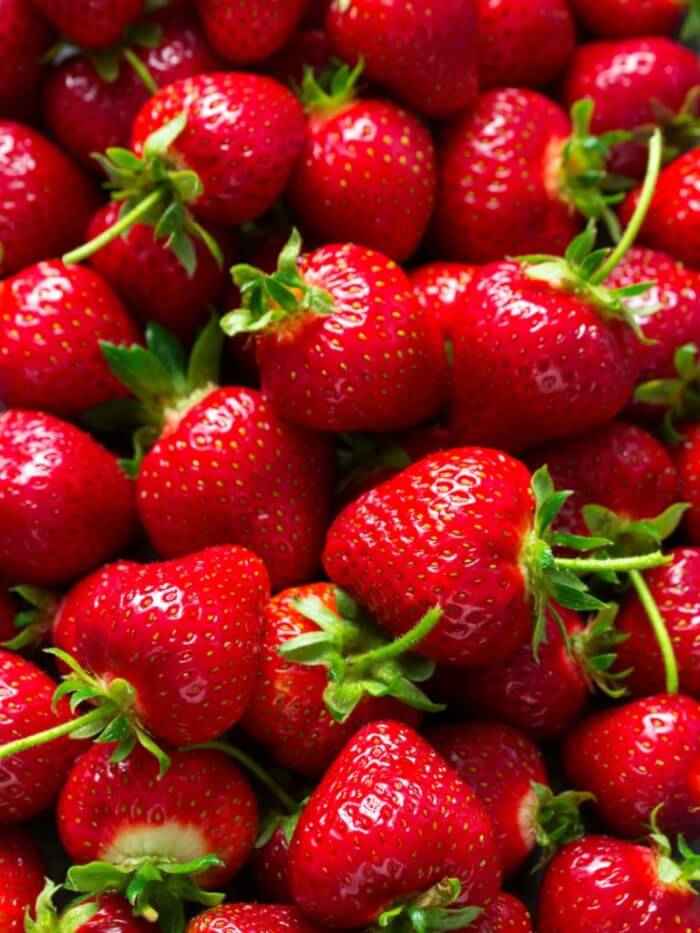 Source: gardeningknowhow
Source: gardeningknowhow
Strawberries are sweet, nourishing, and loaded with health advantages. Strawberries are a great addition to a low-carb or ketogenic diet since they are high in fiber and low in carbohydrates.
In actuality, this keto fruit include only 11.7 grams of carbohydrates and 3 grams of fiber per 1-cup (152-gram) meal. Additionally, strawberries are a great source of micronutrients like folate, manganese, and vitamin C. Furthermore, strawberries, like other berries, are rich in antioxidants such anthocyanins, ellagic acid, and procyanidins.
3. Watermelon
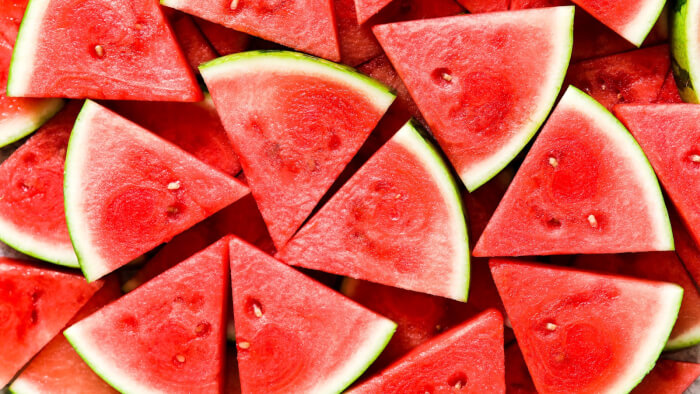 Source: tastingtable
Source: tastingtable
A tasty and refreshing fruit that is simple to include in a ketogenic diet is watermelon. Watermelon has a relatively low net carb count compared to other fruits, with 11.5 grams of carbohydrates and 0.5 grams of fiber in a 1-cup (152-gram) meal.
Nevertheless, you might need to change your portion sizes to include this keto fruit into your diet, depending on how many carbohydrates you get each day.
Other vitamins and minerals that are abundant in watermelon include vitamin C, potassium, and copper. Additionally, it has lycopene, a plant element that works as an antioxidant to reduce cell damage and fend off disease.
4.Tomato
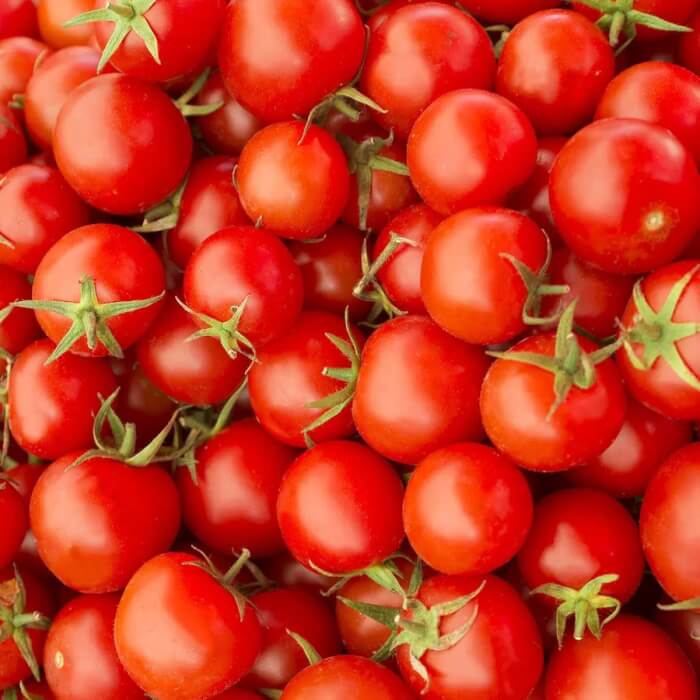 Source: Nationaltoday
Source: Nationaltoday
Despite being used as a vegetable in many meals and recipes, tomatoes are botanically classified as a fruit. With a significantly lower carb count than many other fruits, tomatoe – keto fruit is easy to fit into a balanced ketogenic diet.
One cup (180 grams) of raw tomatoes contains about 7 grams of carbs and 2 grams of fiber. What’s more, tomatoes are low in calories and high in beneficial plant compounds, including lycopene, beta carotene, and naringenin.
5. Lemon
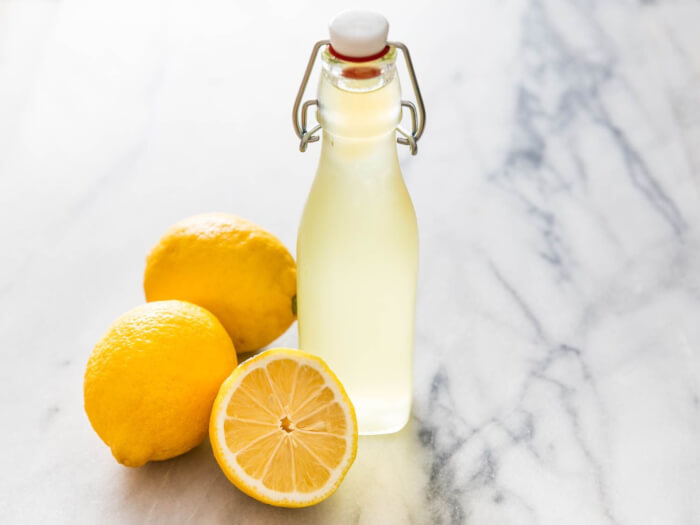 Source: SeriousEats
Source: SeriousEats
Lemons are a common citrus fruit that are used to flavor dishes, desserts, and beverages. Given that each lemon contains about 5.5 grams of carbohydrates and 1.5 grams of nutritional fiber, they can be an excellent complement to the ketogenic diet.
Pectin, a type of fiber that can help regulate blood sugar levels, fight inflammation, and inhibit the formation of cancer cells, is particularly abundant in them. Other minerals that are abundant in lemons – keto fruits include vitamin C, potassium, and vitamin B6.
6. Cantaloupe
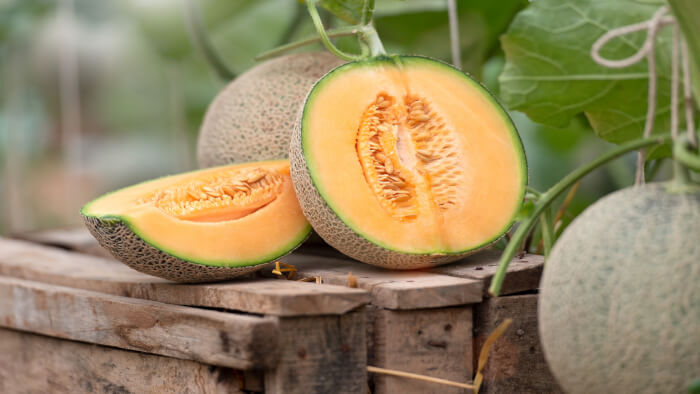 Source: Livescience
Source: Livescience
According to USDA data, cantaloupe has a high water content like most melons, which keeps calories low at about 54 per cup when diced. Cantaloupe has a manageable amount of carbohydrates per serving, making it a good fit for most keto diets despite having less than 2 g of fiber per cup and close to 13 g of sugar.
Cantaloupes are full of vitamins and nutrients including potassium, vitamins C and A, and beta carotene, just like other fresh fruits. Try having a slice as a light snack or include some in your next salad.
7. Raspberries
 Source: Encyclopedia
Source: Encyclopedia
According to a study published in June 2021 in the International Journal of Molecular Sciences, these berries contain flavonoids, potent antioxidants that can lower blood pressure and support healthier arteries, lessening the risk of heart disease. Fresh raspberries provide 64 calories per cup but an incredible 8 g of fiber. According to USDA data, the serving has under 7 g of net carbs and a little over 5 g of sugar. They taste fantastic as a snack or as a garnish for yogurt or cereal.
8. Star Fruit
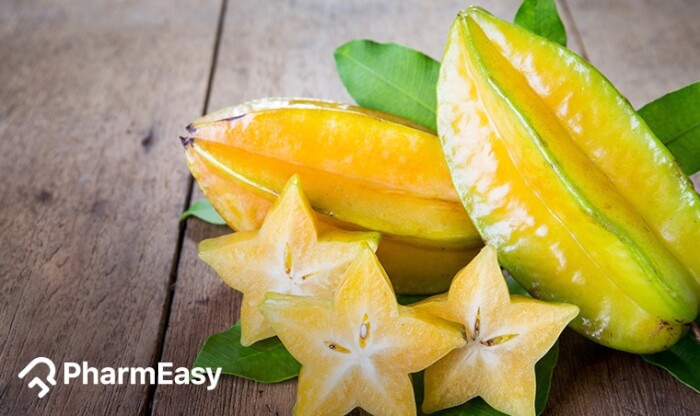 Source: Pharmeasy
Source: Pharmeasy
According to the USDA, carambola, also known as star fruit, is a native of Asia and is more popular there than it is in America. It tastes sour and sweet and is named from the shape it resembles when cut into slices. If you’re on the keto diet and want to mix up your meals, it’s worth a shot. According to the USDA, a cup of cubed star fruit has roughly 4 g of fiber and 5 g of net carbs. Additionally, it has only about 40 calories per cup, potassium, and vitamin C.
9. Blackberries
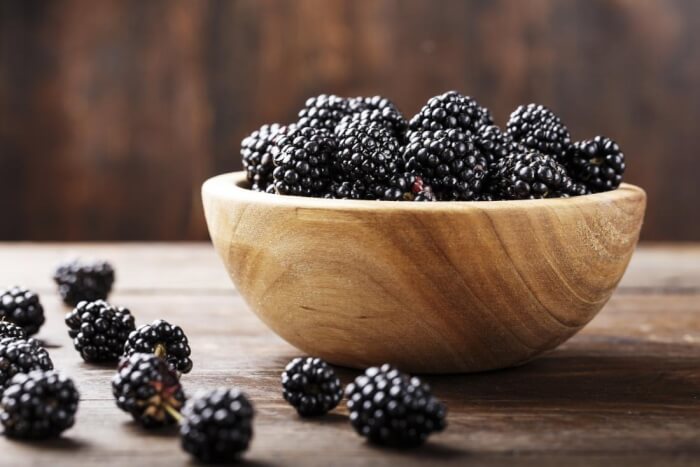 Source: Medicalnewstoday
Source: Medicalnewstoday
Blackberries are a terrific addition to your keto diet, whether you use them in a recipe or just eat on a few as a healthy snack. According to USDA data, a 1-cup portion has just 3 g of net carbohydrates and practically any fat (less than half a gram). Almost 4 g of fiber (13 percent of your DV) and 3.5 g of sugar are both present in the same-sized meal. In addition, 117 mg of potassium, 15 mg of vitamin C, and 14 mg of vitamin K are all present in blackberries. With only 31 calories in a half cup, this fruit is a fantastic weight reduction snack.
10. Shredded Coconut
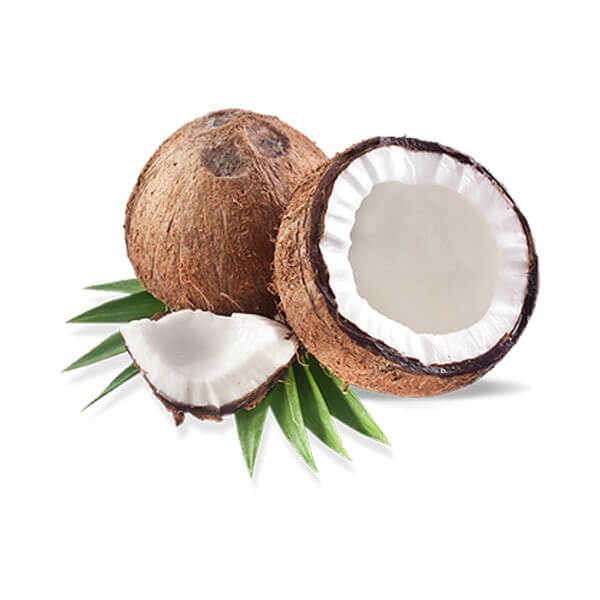 Source: Mantrafood
Source: Mantrafood
Because it contains large amounts of MCT oil (medium chain triglycerides), a type of fat known to assist ketosis, coconut, whether fresh or dried, is another distinctive low-carb tropical fruit.
One cup contains over 300 calories, so if you’re trying to lose weight, just be aware of your portion sizes. Also, stay away from coconut items that have sugar added.
In short, those who are on a ketogenic diet can nonetheless, in moderation, eat some fruit. Fruits provide critical nutrients that are an important element of a person’s diet, such as vitamins and minerals. To stay in ketosis, stay away from consuming large amounts of any fruit.
Please feel free to visit our website for additional quick and wholesome recipes to make your day better. Check out more Keto recipes!


